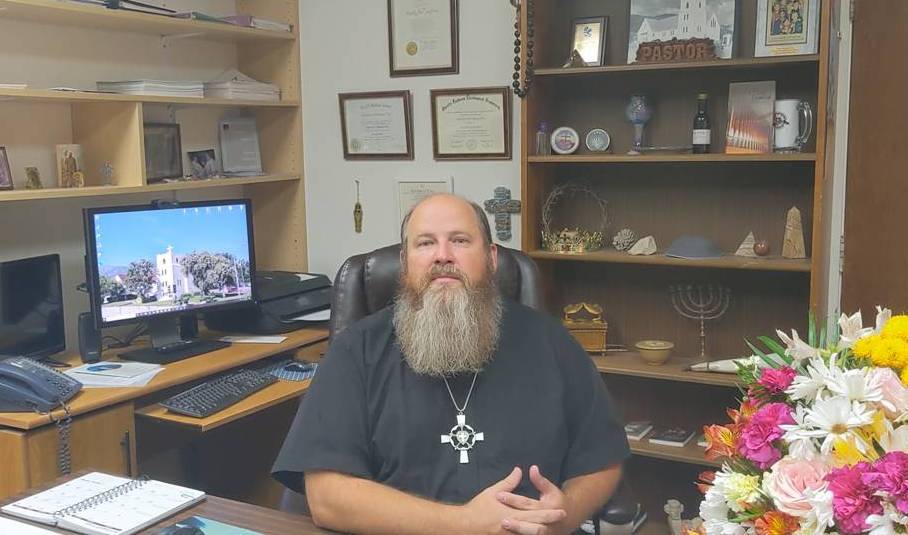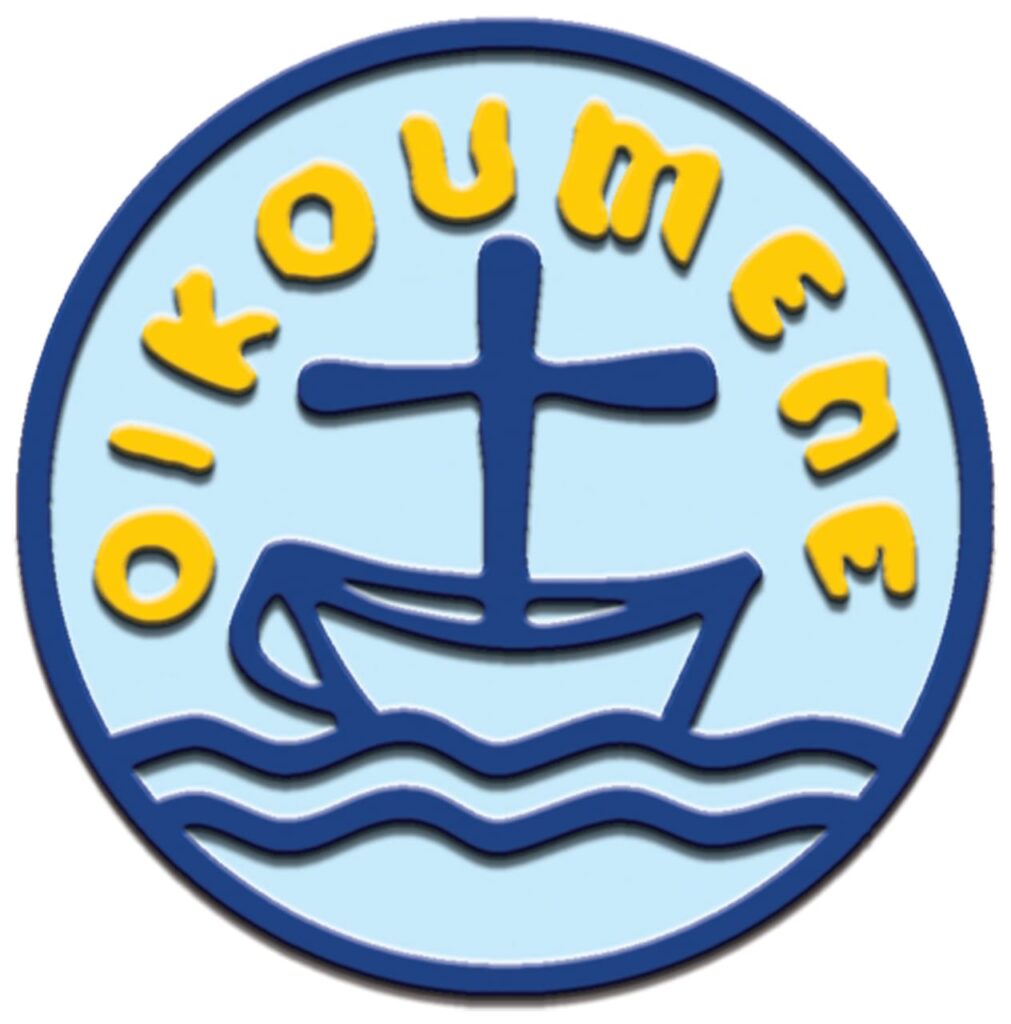As Springtime has sprung and as we’ve continued to receive over-abundant precipitation this year, my April church article is focused on the subject of the “Living Water” of God. So I’m orienting my reflections on the Gospel of John reading that we had a few Sundays ago (John 4:5-42), which is concerning God’s Living Water. I’m doing this especially because this Living Water passage of Holy Scripture contains some of the most central, essential and vital themes of the good news of Jesus Christ…
Chapter 4 of John describes a time when Jesus visited the region of Samaria, which was a despised place to the Jewish People of that time, because the Samaritans were considered by the Jews as ritually unacceptable and impure. Basically, Samaria was a place that all Jews (including Jesus and his disciples) were expected to steer well clear of. Samaria was designated as a “bad place” populated by those spiritually defiled and despised Samaritans, because the Samaritans did not worship God at the Temple of Zion in the City of Jerusalem but rather at their own Temple of Gerizim near the City of Shechem. Consequently, with the Jews centering their worship on the Temple of Zion in Jerusalem and the Samaritans centering their worship on the Temple of Gerizim near Shechem, both Jews and Samaritans condemned each other as being unfaithful expressions of the ancient Israelite religious faith and spiritual life. Despite the fact that they both worshiped the same Almighty God of Abraham, Isaac, and Jacob, they condemned one another over these differences.
Nevertheless, even though Jesus could have avoided Samaria, our Lord Jesus intentionally traveled through it. And that’s just how our Lord and Savior was when he walked this Earth during his mortal ministry among us. He often took a sledgehammer to the various ethnic, religious and cultural barriers and taboos, in order to seek and save the lost as the Great Physician of all humanity. So this is the reason the Samaritan woman in John 4 says to Jesus, “How is it that you, being a Jew, ask a drink of me, a woman of Samaria?” For as it also says, “Jews do not share things in common with Samaritans.” In fact, for a proper First Century Jew to share a drink from a common cup with a Samaritan would have been viewed as cavorting with the enemy!
In addition to this, it was also expected that men and women were forbidden to converse with one another outside of their family clan — let alone a Jewish man and a Samaritan woman. However, our Lord Jesus, in stark contrast to both Hebrew and Pagan societies of the time, modeled for us a harmonious balance between the two halves of humanity (between both male and female). Just as Jesus treated both non-Jews and his fellow Jews alike, he also treated both women and men as equal in value and dignity as children of God even though we’re different sides of the same human coin.
Furthermore, at high noon when the heat of the Middle Eastern day was beginning to peak, Jesus meets this Samaritan woman at Jacob’s Well to ask her if he could have some water to drink. And if you recall from the Old Testament, Jacob met his wife Rachel at the well, and Moses met his wife Zipporah at a well too. So Jesus meeting this woman at the well should spark us to think about marriage, especially in the context of Jesus inviting this woman to become a part of his Holy Church. In other words, this is a kind of spiritual romance playing out in John 4, because Jesus invited this woman to faith! He invited her to become a part of the New Covenant “Bride of Christ” (that is, his community of believers and followers, called the Church of Jesus Christ).
Therefore, Jesus asks her about her husband, and he reveals that he knows everything about her five marriages and how she was currently with someone who wasn’t her husband. Of course, he knew everything about her past, just as he knows everything about my past and your past. He knows our whole history, including the skeletons in our closets. And by revealing his miraculous foreknowledge to the Samaritan woman, Jesus revealed that he’s more than merely a pious Jewish man, and even much more than a Prophet of God. Jesus was revealing to her that he is the Divine Universal Messiah, God’s Living Water flowing from the Heavenly Fountain of Almighty God.
Like a stream or river, Christ our Lord is the pure, fresh, ever-flowing Living Water that eternally quenches our deepest spiritual thirst. For we are all thirsty for that which our soul cannot find anywhere else! So how thirsty are you? How thirsty are you for the deep, permanent satisfaction that simply cannot be found from anything else in this impermanent and ultimately unsatisfactory world?
The Only One to satisfy this thirst is the Messiah, Yeshua (Jesus), who leads us to “worship in spirit and truth” (as it says in John 4), so that wherever we find ourselves, and everywhere we gather together in his name, becomes for us a Holy Gerizim and a Holy Zion. For Jesus is the One and Only answer to our hunger and thirst for fulfillment and peace. He is our infinite grace within this fallen and sinful world, and he is our more-than-enough within this not-enough mortal existence — he’s our “spring of water gushing up to eternal life” (as it says). And every Sunday, at our weekly spiritual watering-hole that we call worship, our Lord Jesus is with us in spirit and truth, in Word and Sacrament, offering to us Living Water for our spiritually parched hearts, minds and souls.
Almighty and Eternal God, on our own, apart from you, we have no true hope, no permanent refreshment, no everlasting fulfillment. Bring us to drink from your wellspring fountain of spirit and grace and truth which ever-flows to us through Christ Jesus our Savior, by the power of your Holy Spirit. O Holy Trinity, we pray in your triune name: Father, Son, and Holy Spirit. Amen.
Blessed Holy Week & Happy Easter!!! Pastor Tim


